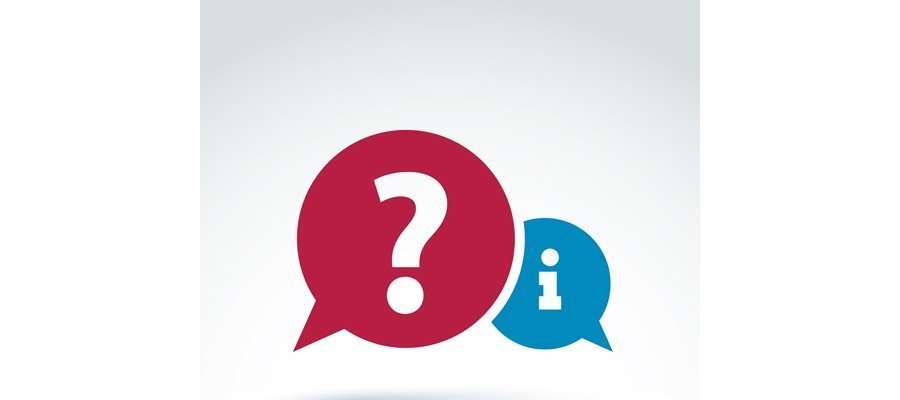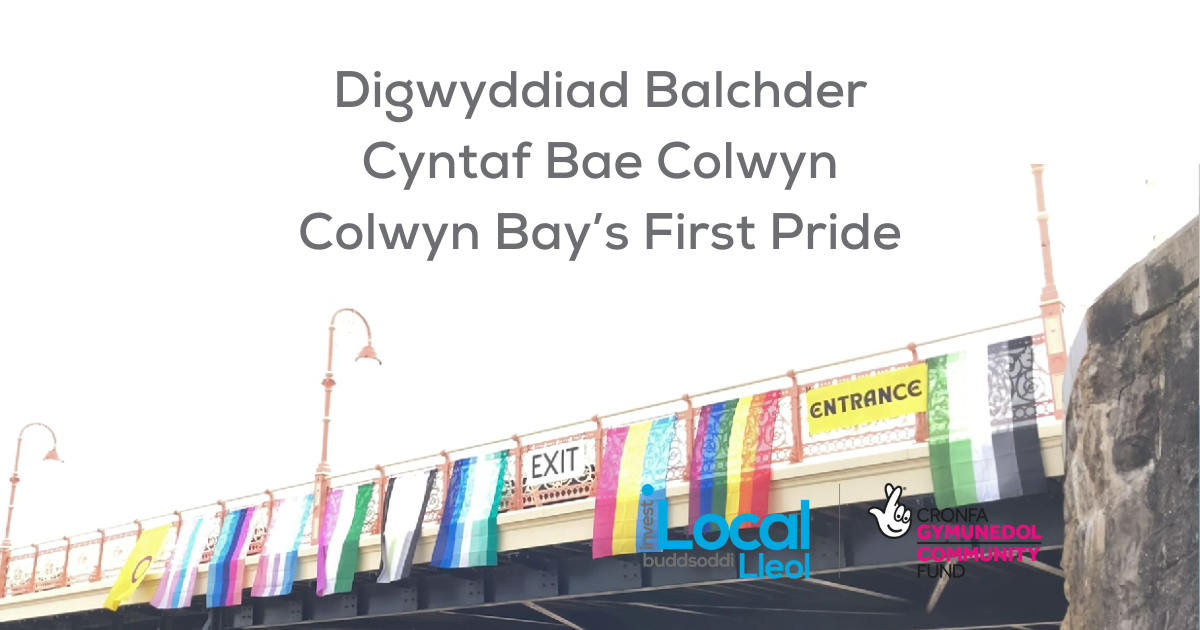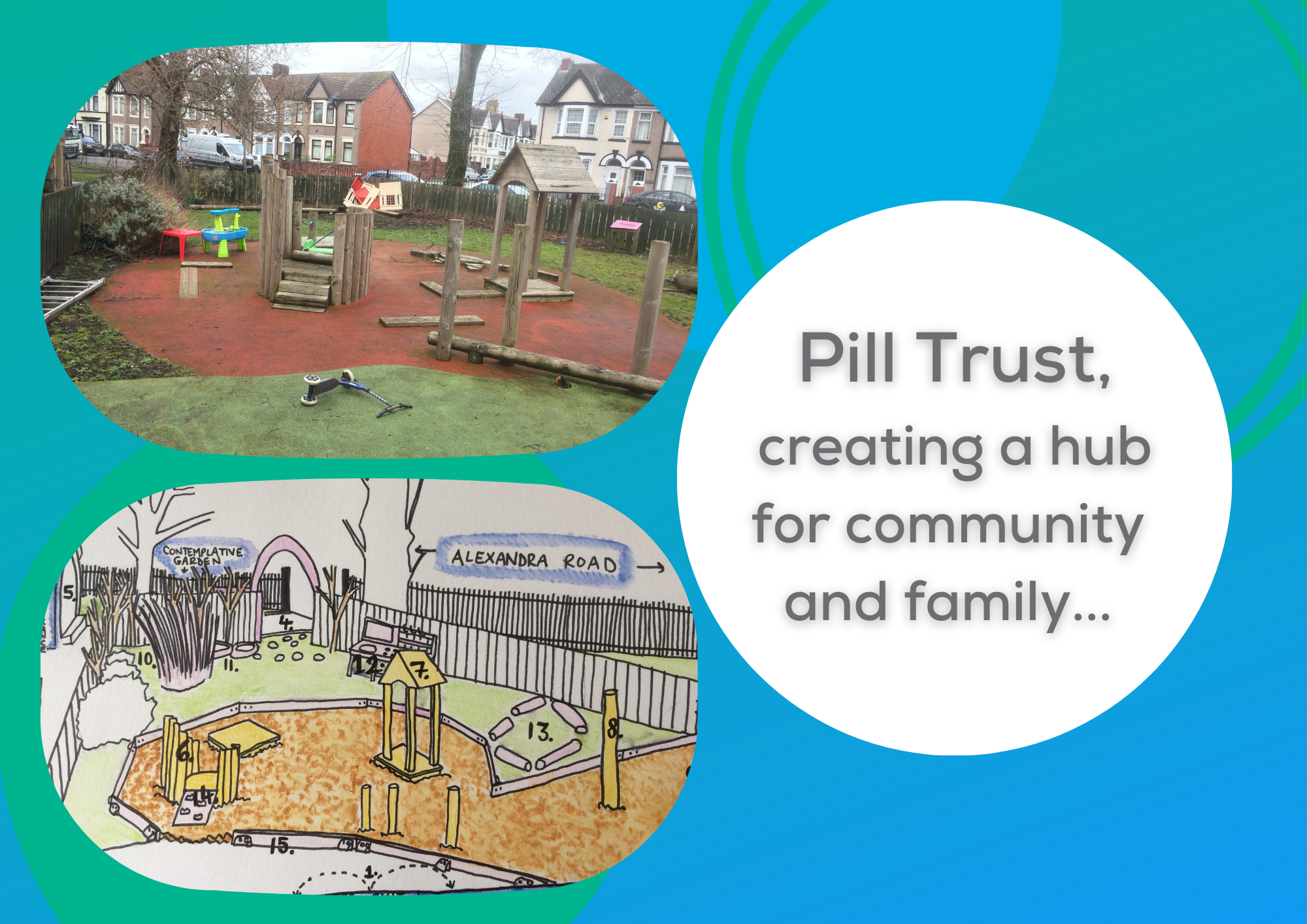IT’S GOOD TO TALK: CONVERSATION AS CONSULTATION
In the eleven active communities in the Invest Local programme, the summer months have been a time for talking. Chris Johnes explains more about Invest Local's approach to consultation.
This summer, across the programme as a whole, we estimate at least 3,000 different conversations have been held; many at the dozen or so community events that have been held; others in cafes, at lunches, in parks, on coaches, outside dance classes, on allotments and even on the beach.
Talking to people about Invest Local is absolutely fundamental to what the programme is about. Partly to explain it and partly to hear what local residents think is important in their area. Both are essential to our ethos: if Invest Local is a programme where community members make decisions, they need to be both informed about what those decisions could be and have a clear chance to voice their opinions.
BCT staff and the people who are leading the programme in each locality (largely local residents volunteering their time) have thought long and hard about how, where and when to talk to people.
We’ve tried to design an approach which allows people to talk about the issues they want to talk about in venues where they feel comfortable. In many cases this means relaxed social events where holding conversations in groups has proved highly productive, as people’s ideas spark off and stimulate each other. In others it means allowing people to hold one-to-one conversations with people they trust, in very safe spaces.
Perhaps the best thing about conversations though is that it gives you the chance to ask follow-up questions, probing what people mean and why they think something is important so we end up with a much greater understanding of why people are saying something rather than just having words on a piece of paper.
In line with our principles of asset-based development we have asked very broad questions with a focus on drawing out existing strengths and helping people identify what is important to them. Discussing what people feel is important to their families has been especially interesting as it invites thinking about inter-generational relationships and responsibilities in a way which is not often touched upon.
Our development of this approach has tried hard to draw upon what we and others have learned from previous consultations, both good and bad. We’ve so far kept away from door knocking as it tends to produce rushed rather formulaic conversations. We have borrowed from some of the well-tried methods on engaging younger people and we’ve studiously avoided multiple choice type questionnaires (including such classic examples as “would you like us to protect schools or social services?”).
However, we’re very very aware that what we’re doing is only a very tentative start. There are two major challenges ahead of us.
The first one is to retain (or gain) the trust of the people we’ve spoken to. One of the first comments I received was “who cares what I say, no one will listen”, even when I explained who was actually making the decisions (local people she knew by name) – and that the person concerned was welcome to come and join in the decision-making group (Brexit anyone?). This reflects a deep sense of being ignored over a long period that is pervasive in most Invest Local areas. So Invest Local areas need to act and be seen to act on what we’ve been told. This will require explaining what the consultation has said and how each area is responding to it; potentially using a variation of the “you said, we did” approach beloved of many Housing Associations, so people can see that their views do count.
And, of course, we need to recognise that most of what people have talked about so far are surface or “easy” issues. It is no surprise that issues relating in one way or another to the physical environment are emerging strongly at present. As the programme becomes more embedded other more complex issues and more reticent people will probably emerge so the need to keep talking, keep listening and keep developing relationships will remain a fundamental part of what we are doing – I can’t see the conversations stopping any time soon.






























